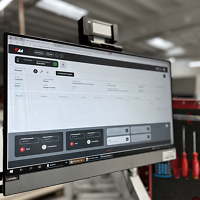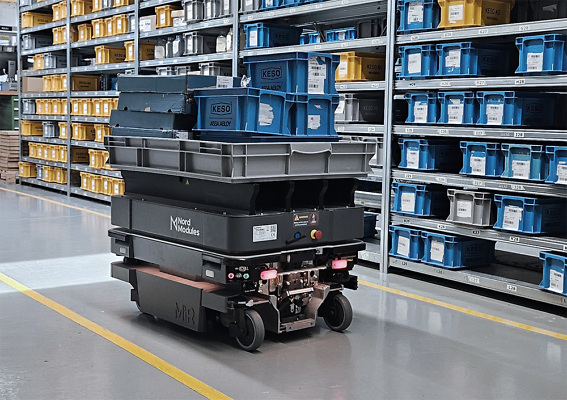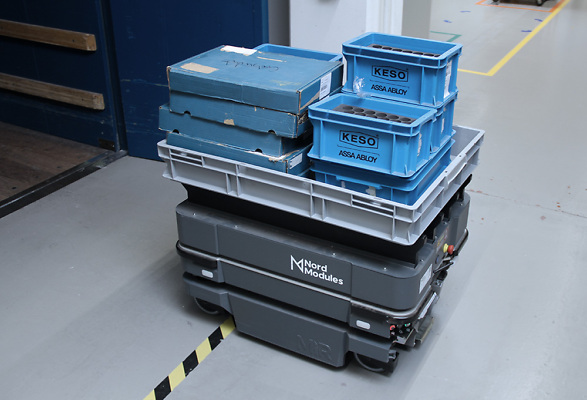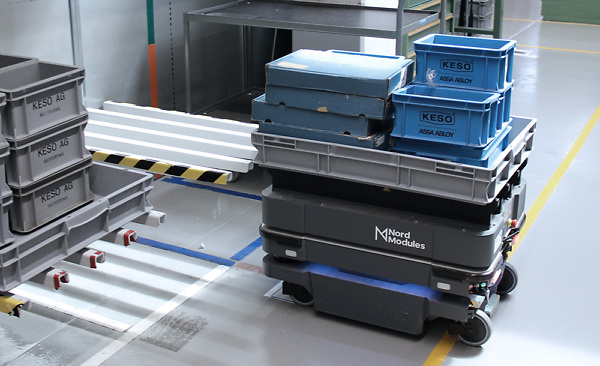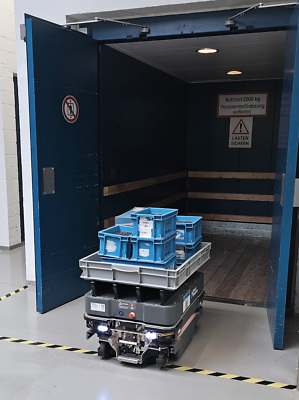Swiss Lean Award
Phoenix Mecano Solutions AG wins the Swiss Lean Award, a national certificate that recognises outstanding achievements in the field of lean management.

New Product
Learn more
Cobots from Dobot
The cobots are known for their flexibility, ease of control and wireless networking capability, making them ideal for a wide range of applications. A highlight of the product range is the SafeSkin technology, an innovative accessory that enables early collision detection and therefore increases safety in the workplace.
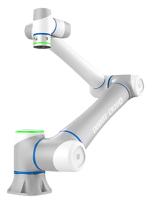
New Product
Learn more
Production data acquisition (PDA) - The easiest start to paperless production
The production data acquisition system controls and documents the entire production process on the shop floor. The PDA system is not only convincing due to its possible e-paper connection. As quickly implemented, simple and cost-effective software, it is the ideal solution for industrial SMEs.
